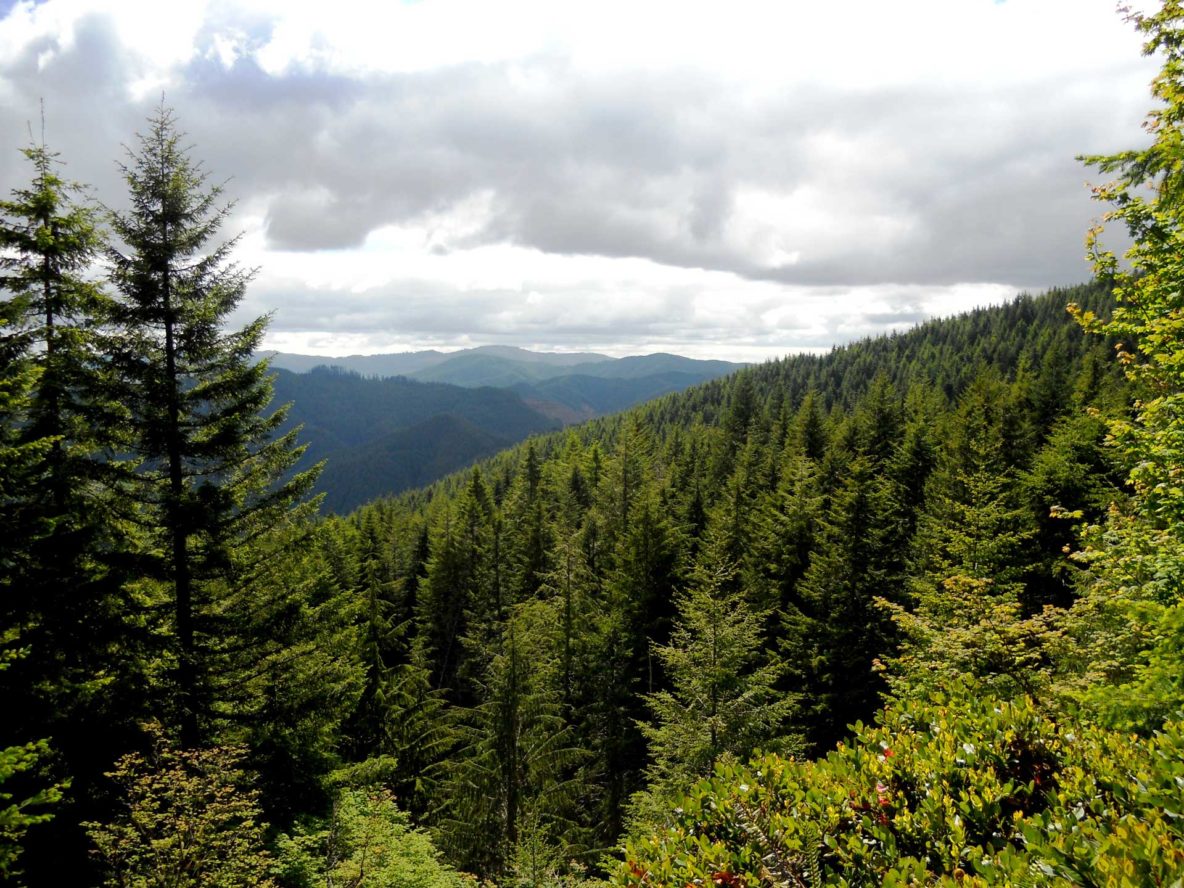The U.S. House on Nov. 1 passed the Resilient Federal Forests Act of 2017. Nick Smith of Healthy Forests, Healthy Communities writes that the legislation “reduces the cost and time of preventative forest health projects on at-risk forests and watersheds.”
It also allows the Forest Service to access emergency funds when its wildfire suppression budget is exhausted. The bill seeks to safeguard our drinking water supplies from the impacts of fire and erosion, encourages the removal of dead trees after wildfires, protects public safety, restores recreational amenities while creating new revenue to replant and rehabilitate burned forests.
The Resilient Federal Forests Act promotes wildlife habitat enhancement projects and incentivizes projects developed by local collaboratives, usually consisting of conservationists, timber industry and local elected officials. And it provides alternatives to costly and obstructive litigation that commonly ties up forest projects for years in court. Despite the claims of special interest groups favoring the status quo, the Resilient Federal Forests Act doesn’t repeal existing forest plans and federal environmental laws.
However, as Smith writes, the U.S. Senate is the catch.
With this vote the U.S. House has now passed comprehensive federal forest reforms for the fifth year in a row. Yet after countless committee hearings and years of deliberation, the U.S. Senate has yet to pass a wildfire funding solution or reforms that meaningfully increase the pace and scale of management activities on federal forest lands.
Federal timber reform is complicated, even with Republicans now in control of the House, Senate and the White House. The Tri-City Herald editorial board points out that some senators have offered their own forest health legislation, called the Wildland Fires Act of 2017.
The Herald says it’s time for our federal lawmakers to come together on a solution.
Whatever the differences, the goal of both the House and Senate proposals is the same: to make our forests healthy once again, and to prevent them from burning up year after year.
Federal lawmakers on both sides of the aisle need to find a way to compromise.
…According to the National Interagency Fire Center, 8.5 million acres burned nationwide last summer.
In Oregon, the Eagle Creek fire consumed the Columbia Gorge for days. In Montana, more than 1 million acres were destroyed. California had to declare a state of emergency in its deadliest fire season yet, which killed 41 people and destroyed 6,000 homes.
Two years ago our state lost three firefighters in one of our worst fire seasons ever. And who can forget the smoky haze that smothered the Tri-Cities just a few months ago?
Enough is enough.
Similar wildfire bills have been brought up before at the federal level, and politics got in the way so the proposals went nowhere.
We hope that is not the case this year.
For too long, money for land management programs have been sacrificed. It’s time to focus on making our forests healthy.
